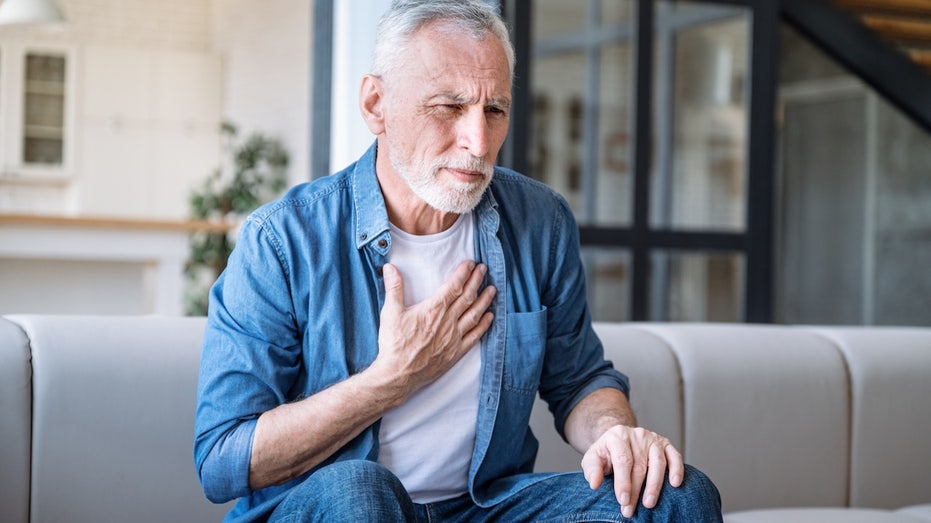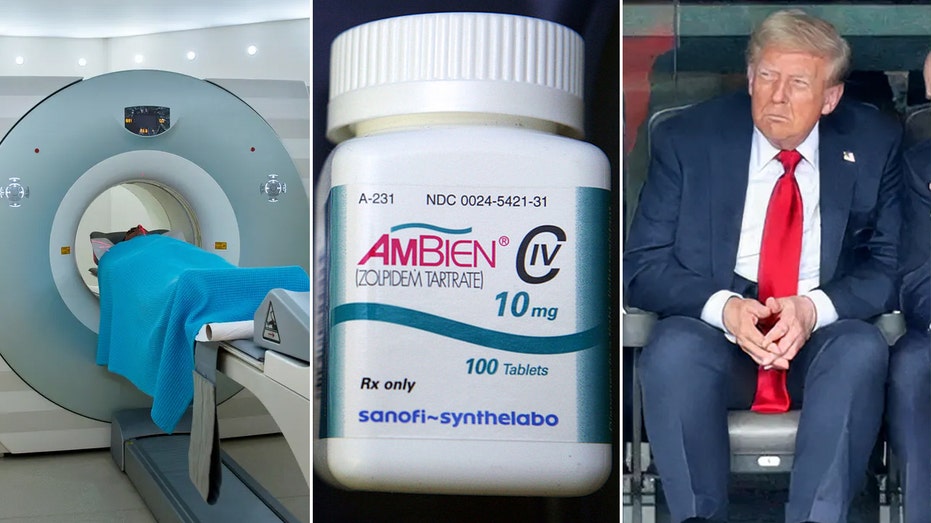Lingering Lung Disorders 5 Years Post-COVID: Here's What to Know

Sarah Johnson
March 9, 2025
Brief
Post-COVID pulmonary fibrosis is a serious lung disorder affecting some COVID-19 survivors, sometimes requiring lung transplants. Early intervention and evolving treatments can improve outcomes.
It’s been five years since COVID-19 turned the world upside down, and while we’ve moved on in many ways, the virus left behind some unwelcome baggage. Among the lingering physical effects is a condition called post-COVID pulmonary fibrosis, a serious lung disorder that can worsen over time and, in extreme cases, require a lung transplant. Sounds intense? It is.
Dr. Scott Scheinin, director of lung transplantation at Mount Sinai Health System in New York City, explained that the intense inflammation caused by early COVID infections damaged lung tissue in some patients. "Once they cleared that infection, a lot of people were left with some amount of lung tissue being destroyed," said Scheinin, who witnessed the devastation firsthand during New York’s harrowing first wave of the pandemic.
One of Scheinin’s patients, Pastor Benjamin Thomas of East Meadow, Long Island, exemplifies the toll this condition can take. In March 2020, Thomas spent nearly 100 days in the hospital, including 54 days on a ventilator and six weeks in a medically induced coma. Post-recovery, his lungs deteriorated so significantly that by 2022, even showering for more than 30 seconds required oxygen. A lung biopsy confirmed he had post-inflammatory pulmonary fibrosis caused by his COVID infection.
Thomas, who had no prior health conditions, eventually required a double lung transplant. After seven months on the waitlist, he opted for a single lung transplant, which was performed on February 28, 2023. Now, two years later, he no longer needs supplemental oxygen and has resumed his pastoral duties, albeit at a slower pace. He credits his recovery to the Mount Sinai medical team, his faith, and the prayers of his congregation.
So, what exactly is post-COVID pulmonary fibrosis? Dr. Scheinin explained that scarring in the lungs disrupts normal gas exchange, which can lead to shortness of breath, chronic cough, and reduced exercise tolerance. In severe cases, even everyday respiratory illnesses like the flu can become life-threatening.
Testing for this condition is relatively straightforward, involving imaging scans, blood tests, and pulmonary function tests. While not everyone who had COVID will develop pulmonary fibrosis, risk factors include advanced age, pre-existing conditions, and the use of mechanical ventilation during treatment.
Treatment options are still evolving, but researchers are exploring antifibrotic medications alongside existing treatments like steroids and pulmonary rehabilitation. Behavioral changes and exercise training are also part of the recovery toolkit.
Dr. Scheinin emphasized the importance of early medical intervention for anyone experiencing persistent shortness of breath or other symptoms. The key takeaway? Don’t ignore your lungs—they’ve already been through enough.
Topics
Editor's Comments
The sheer resilience of Pastor Thomas is both heartbreaking and inspiring. But here's the kicker: the long-term effects of COVID, like pulmonary fibrosis, are a stark reminder that just because the headlines moved on doesn’t mean the virus did. This story is a wake-up call to pay attention to our health, even years after recovery. And honestly, I can’t help but marvel at the irony—our lungs, the very organs that breathe life into us, can also be the first to betray us.
Like this article? Share it with your friends!
If you find this article interesting, feel free to share it with your friends!
Thank you for your support! Sharing is the greatest encouragement for us.



